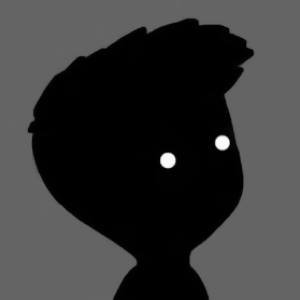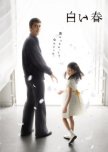Shiroi Haru is, much like the season itself, about change.
Let's dispense with the obvious: Abe Hiroshi is an excellent actor, and again he does not disappoint in this drama. But I would be remiss not to mention Endo Kenichi, who also not only performed his role well, but well in the light of possible expectations given his gruff appearance and past roles. We know Abe Hiroshi can play a myriad of characters, but to perform well alongside him, and not simply as a shadow, is nice to see.
Throughout the series we witness a change primarily in Haruo and Koji, but other characters undergo minor changes as well. But every decent series must have change in the characters. So what is different here? Ultimately, there is a transition in the main characters from caring about themselves to caring about others, with tears washing away the dirt that has been collected so that the innocence of childhood is not diminished by the stains of adulthood.
The series could potentially be slower for some people to watch. Many of the nuances of the show are subtle and slow to show, but every episode does induce change in at least one character. Given the maturity of the subject matter, which isn't about violence or other adult themes but rather respect and dignity, the pacing is smooth and flowing -- a comfortable ride.
Perhaps too comfortable. For the most part, Shiroi Haru is predictable. It is not necessarily a bad thing, as shock and awe isn't what this series is about. It's about change, and the audience needs to know what causes each change. So it makes sense that we are hinted at what is to come. Even the ending was apparent fairly early on. Honestly, if the end wasn't what it was, I would have felt cheated out of a great moment. Many people wanted something else, but I believe it was fitting and even desirable. I cannot argue more without spoiling the end, but this reviewer relished in its significance.
The main drawback to the show was that it could have been more. Some characters could have been expanded on a lot, especially Kanoko and Shiori. Sure, a diversion made have sidetracked us from the main plot, but then again, there really wasn't one. It wasn't about one story, but what connected all the stories together in each episode. Still, it would have been a major boost if Haruo and Shiori's relationship as substitute father/daughter would have been given more time. Alas, I guess there's only so much you can do within one season.
I enjoyed Shiroi Haru. Will I remember it years later? Probably not. But it did communicate well the themes it covered, and the ending made it worth it.
(Originally posted May 23rd, 2010.)
Vond je deze recentie nuttig?





